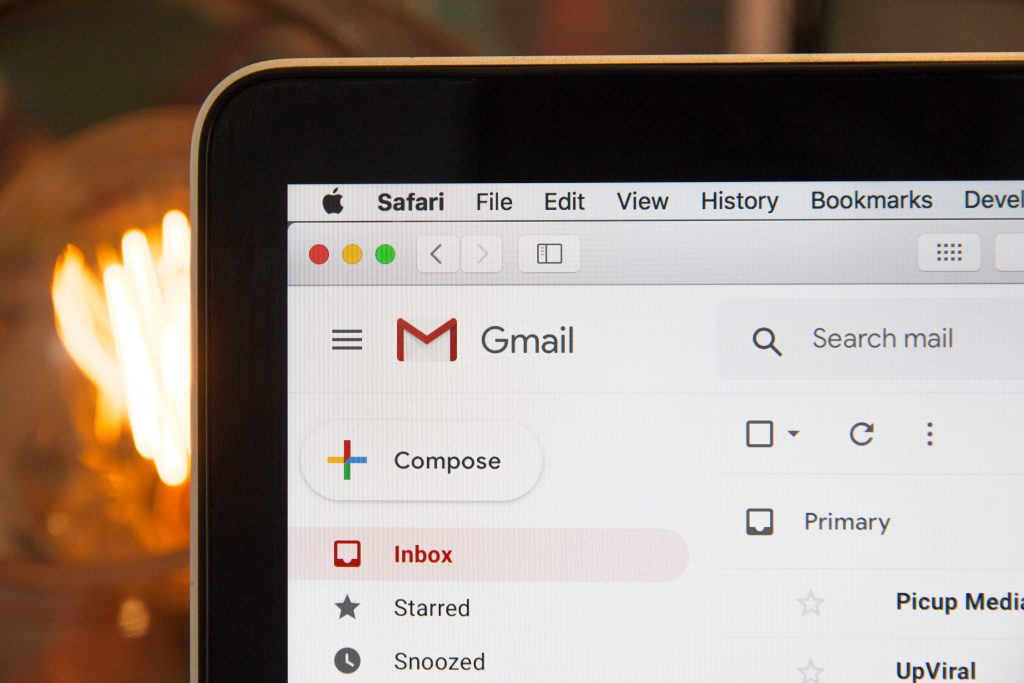Services
Go back
Show all Services
Domain Names
IP & Legal
Security
We manage, develop, and protect your digital assets.
Industries
Go back
Industries
Industries
Secure your brand digitally within your industry.
Solutions for challenges within your industry
News
Go back
Show all News
Blog
News and tips from the world of domains and the internet.
See all posts
Read latest
